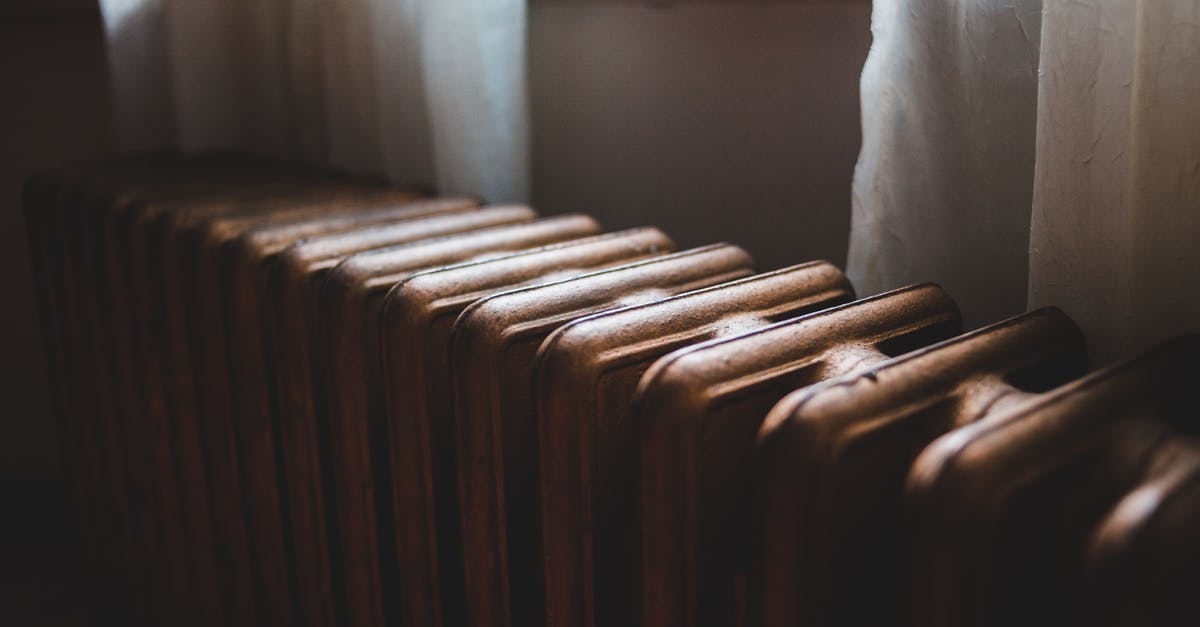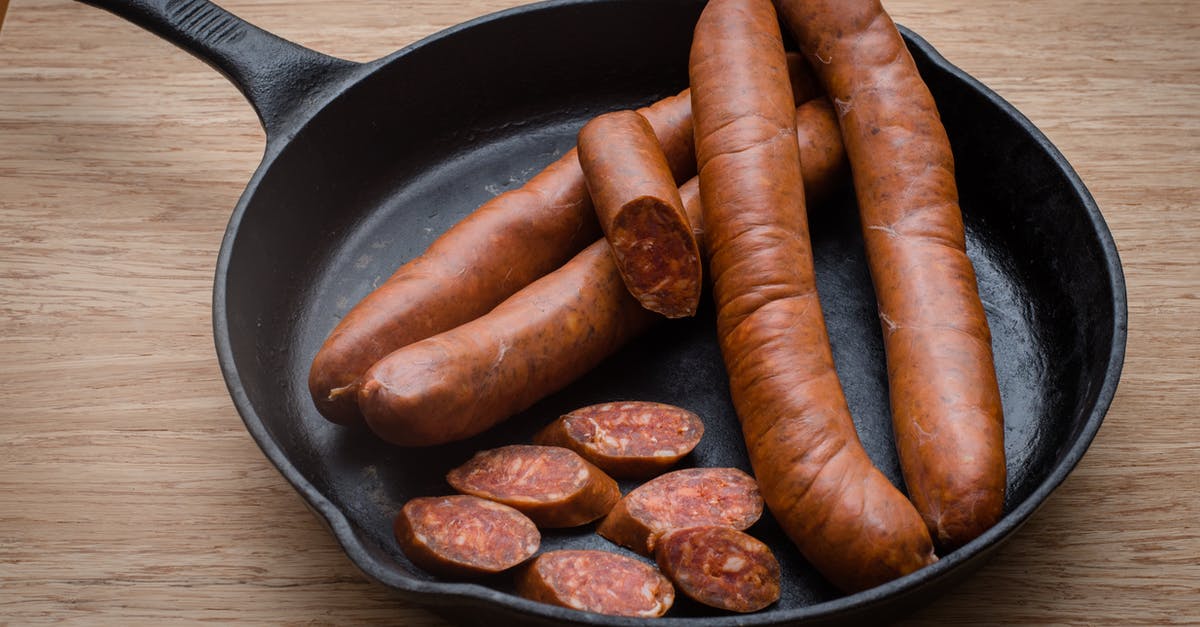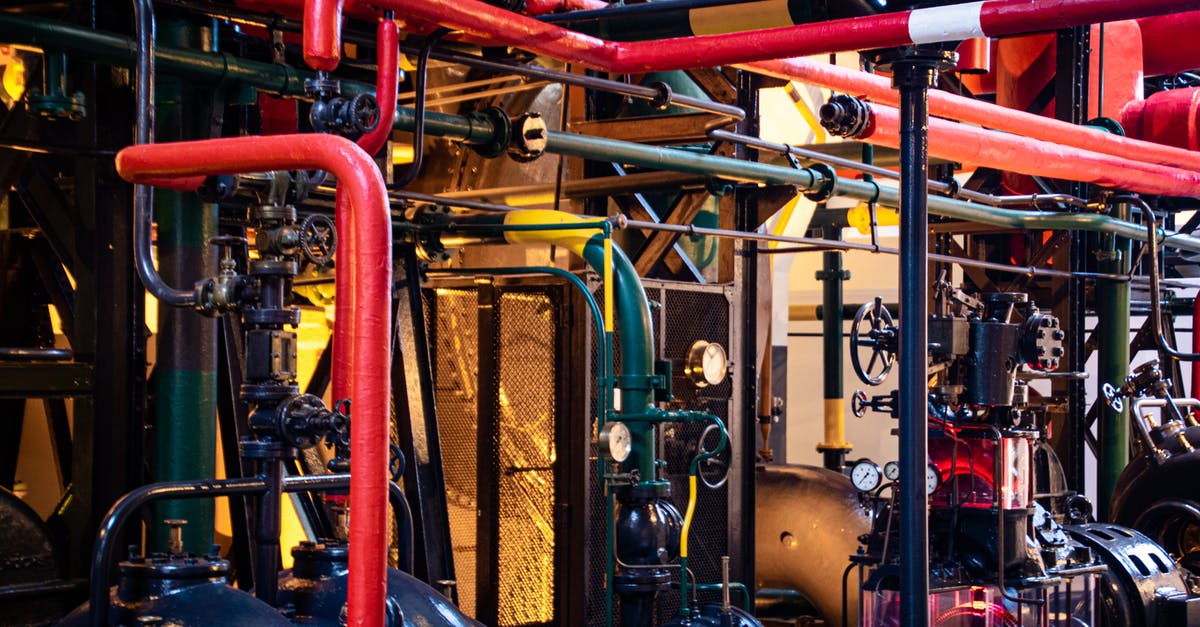Must cast iron be cleaned promptly?

There is yet one more detail I seem to have just understood about cooking in cast iron pans.
After use (frying onions, frying potatoes, ..) the pan must be cleaned quite soon, perhaps within 24 hours of use.
This is the case despite using relatively little (grapeseed) oil: not so much to make the result greasy, but also not so little that food gets scorched and burns from direct contact with the bare pan.
If cleaning is not done promptly—if, for example, the pan is left with a thin (1 mm) layer of oil—the oil will tend to build a gummy, non-uniform, and non-polymerized layer that is hard to clean. Anything one uses to clean (even a stainless-steel chain cleaning tool) will become gummied.
Can you comment on this detail? Is this actually true? After a get-together when the kitchen looks frighteningly hard to clean, can one ever leave a cast iron pan for cleaning seven or so days later? Might it perhaps be sufficient to remove the excess oil before leaving for seven days? I can continue experimenting of course, but I'd rather hear expert opinion to reduce the number of these experiments.
Detail
If you do have a gummied cast iron pan, the only real solution is to leave it in the oven for one hour at 450-500F. (Lodge's website says so, and so it must be true.) I expected that the extra gummy oil will liquify and drip. Not so. It merely burns. I could then scrape the pan (until going back down to nearly the bare metal, wasting one year of seasoning), thinly oil, and bake again upside down briefly.
Best Answer
Cast iron should be cleaned ‘promptly’ because that is when it is the easiest to clean… while the pan is still hot. For the sake of your question, let’s assume that you are talking about an already seasoned cast iron frying pan. When you clean it immediately after you use it (or at least while it is still warm), you can just take it to the sink & brush all the food off with hot water (the hotter the better) until it is smooth & free of food particles. To scrub the food particles off, use something like a bamboo brush, corn husk brush, luffa, etc. that will not melt in a hot pan. Do not use dish soap inside your pan. If the outside &/or handle of your pan is greasy, it is okay to use dish soap on it to get the greasiness off the outside.
If your pan has gotten cold (whether it has been a few hours or a few days), all you need to do is to put enough water to cover the bottom of the pan including any remaining burnt on food and then bring your pan to a full rolling boil. Boil long enough for any burnt on food to loosen (use a flat edged utensil to scrape the bottom of the pan if necessary). Then wash it as if you just finished cooking, under the sink with the hottest water that will come out of your faucet (you might have to wait for your faucet water to get hot before bringing your pan to the sink to clean). You can also use the boiling water method immediately after you cooked something if there is a lot of food stuck on the bottom of the pan. Never leave water in your pan to soak and then come back later! Only use water to soak if you are in the process of cleaning your pan. Additionally, you can dry the pan on a stove burner and heat thoroughly until totally dry, let cool and then put away. Do this if you have any question that you may not have cleaned the pan as good as you think you should have (kind of like sterilizing your pan). There should be no greasy residue left on the pan.
If your pan is gummy, you are not cleaning your pan well enough after each use to get the grease off. Many people believe that you are supposed to coat your pan with oil after each use but this is not good for your pan. The oils will build up and can even go rancid on your pan. Lodge told you to put your pan in the oven at 500 degrees for a length of time because that is the only way to burn off the gummy oils that are stuck to your pan. However, you normally should not ever have to do this with a properly maintained pan. I have had a few pans fail on me & sometimes I buy some cast iron pans at a yard sale really cheap b/c they are all gummied. I save them and take them camping with me & throw them on an open fire directly on the wood coals and it burns off all the built on gummy oils and returns the pan back to raw. However, then you will need to start over and re-season your pan.
Pictures about "Must cast iron be cleaned promptly?"



Quick Answer about "Must cast iron be cleaned promptly?"
You should clean a cast iron skillet immediately after use to maintain the pan's seasoning. Acidic foods like tomatoes can remove the seasoning if they remain in the skillet for too long and letting grease stand overnight can result in unpleasant flavors.Do you have to clean cast iron immediately?
Get right to it: Clean the skillet immediately after use, while it is still hot or warm. Don't soak the pan or leave it in the sink because it may rust. Add hot water: Wash the skillet by hand using hot water and a sponge or stiff brush.How often should you clean your cast iron?
1. Clean cast-iron skillet after every use. Wipe interior surface of still-warm skillet with paper towels to remove any excess food and oil. Rinse under hot running water, scrubbing with nonmetal brush or nonabrasive scrub pad to remove any traces of food.Should you clean cast iron right after cooking?
\u2014 To get the best out of your cast iron skillet, it's recommended that you oil it after each use. However, depending on how frequently you use it, 2-3 times a year is sufficient. How can I tell when my skillet is seasoned properly? \u2014 A well-seasoned skillet will be noticeably dark with a shiny, semi-gloss finish.how to clean a CAST IRON PAN after cooking
More answers regarding must cast iron be cleaned promptly?
Answer 2
When the oil gummifies like that, it's partially polymerised. The whole reason cast iron can be magically non-stick is specifically because of the polymerization process. So gumminess by itself is not a problem.
So yes, listen to Lodge here. What you should do after cooking is clean it out thoroughly to make sure no food residue is left. (I like to scrub with kosher salt and a little vegetable oil, and wipe out with a damp towel until no salt remains. Dry throughly, preferably by heating it back up. But there are many different options.)
If you only have a thin layer of oil in the pan which turns gummy, and then bake it as Lodge suggests, it should leave a fairly smooth, shiny black residue. It might be splotchy, but it should not be bubbly or crusty.
If you've got bubbly crusty stuff, that means you had some kind of debris/food residue mixed into your oil, or that it was thick enough to trap air. At that point, yes, you will want to scrub it off.
But as long as it's smooth, then you've successfully added to your seasoning.
If you don't want to go through the effort of scrubbing/cleaning your cast iron after every use, and want to avoid the oil polymerising before it's been adequately cleaned, I would suggest two things: 1) possibly cook at a slightly lower heat by thoroughly preheating your pan, and 2.) immediately remove the cast iron to a cool place after use. A trivet would work, or simply shift to a burner that has not been used. Both of these options will help to prevent the remaining oil from beginning to polymerise before you've cleaned any food residue out.
Source: I'm terrible and regularly don't clean/re-season my cast iron for weeks at a time. You don't get the gummy stuff unless you leave it on the heat after using it.
Sources: Stack Exchange - This article follows the attribution requirements of Stack Exchange and is licensed under CC BY-SA 3.0.
Images: Erik Mclean, Erik Mclean, Milan, Magda Ehlers
